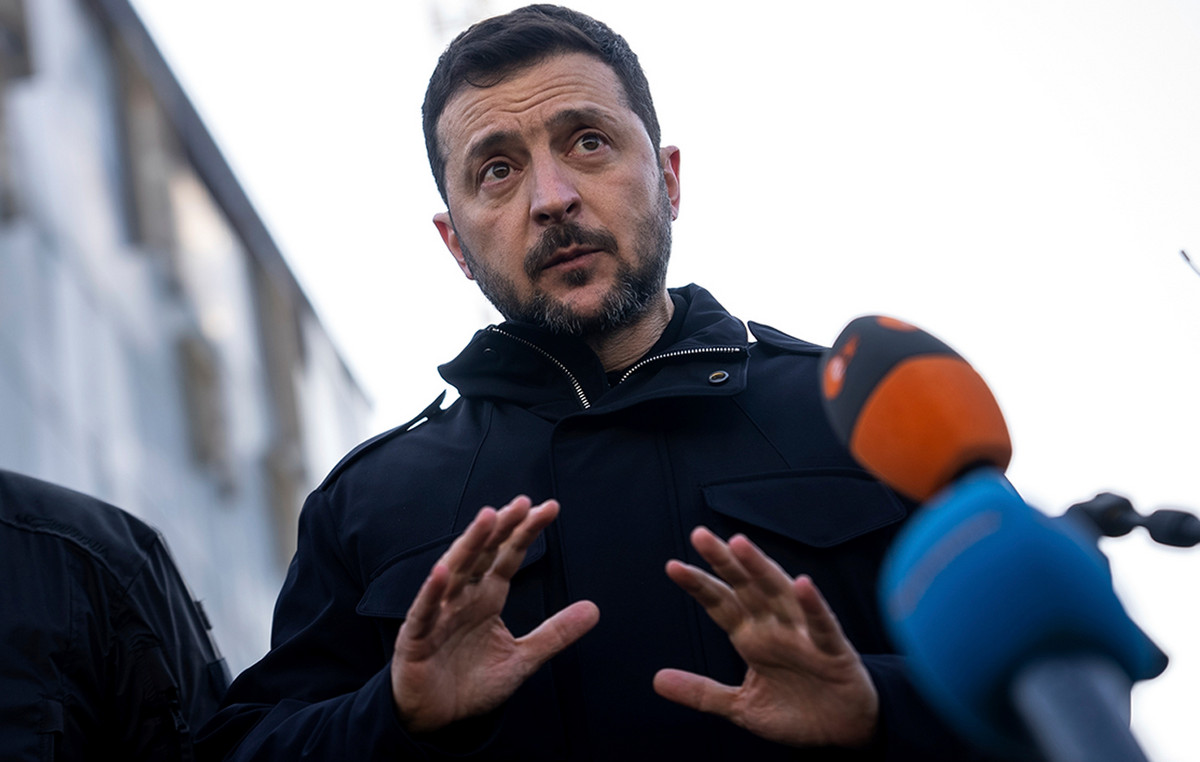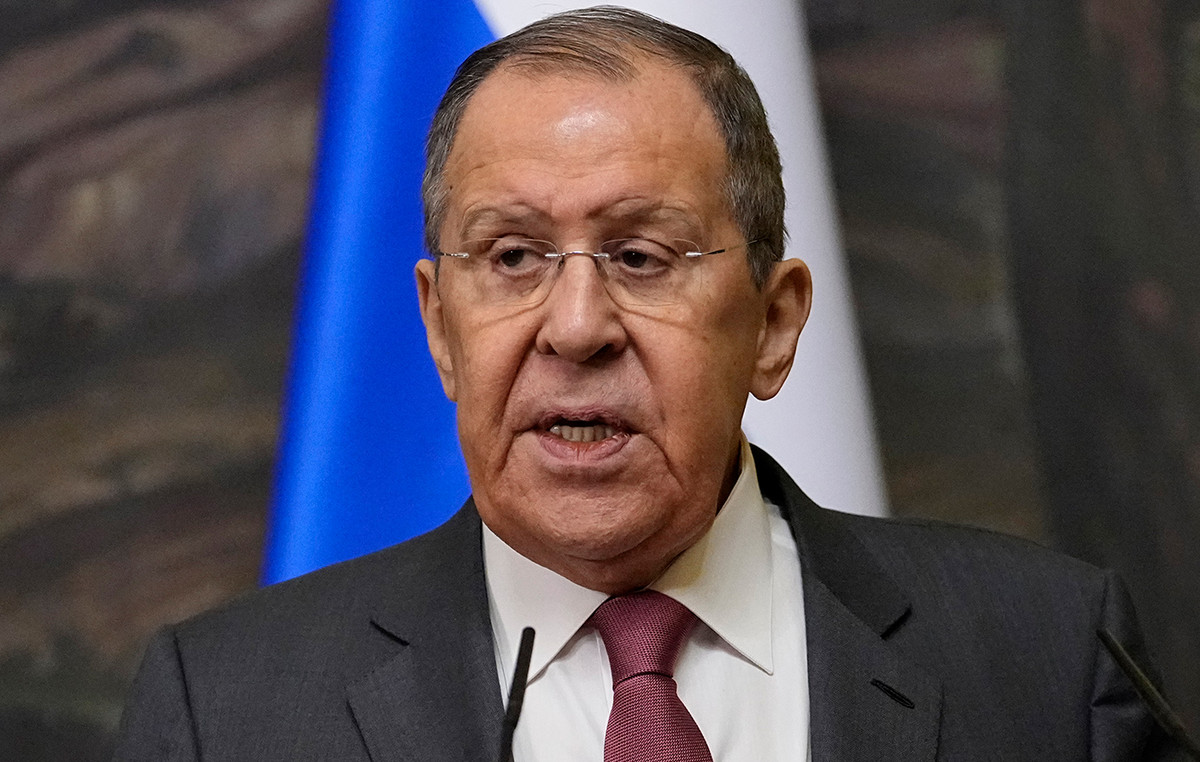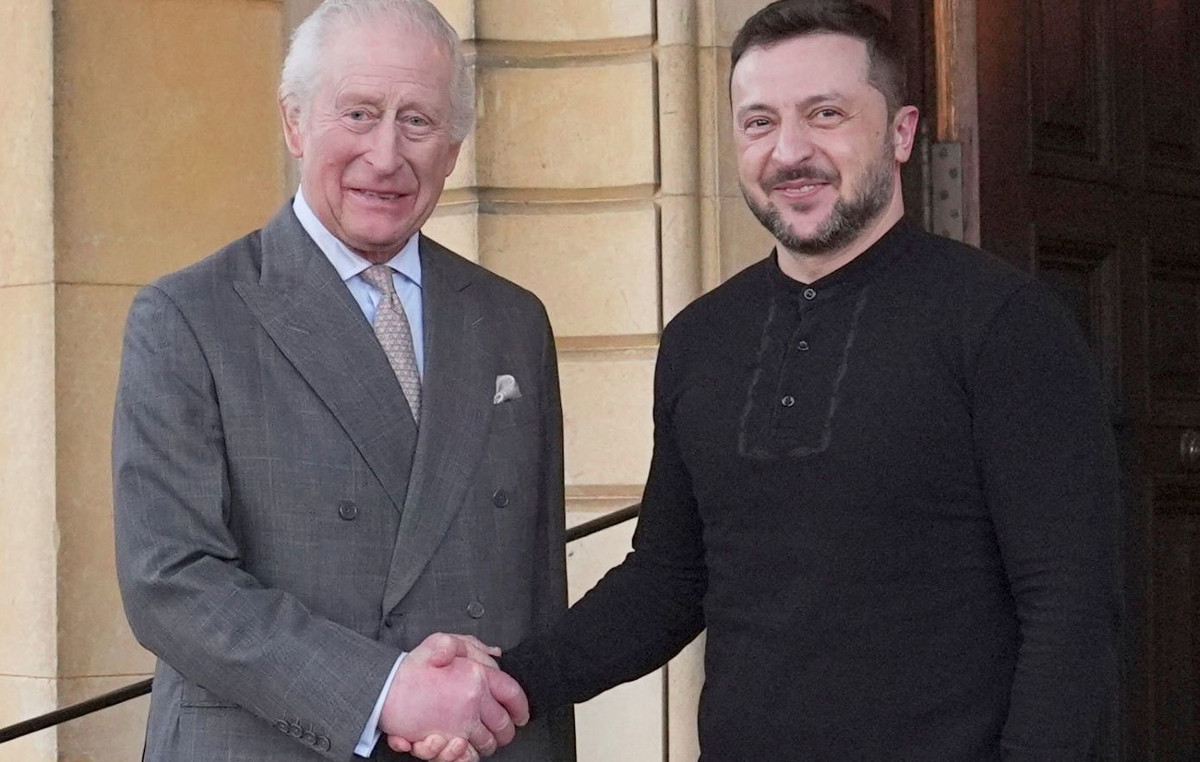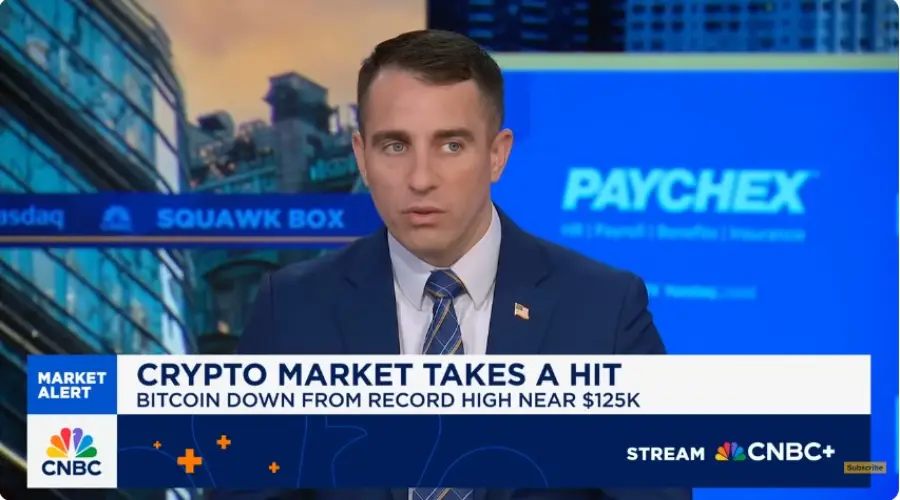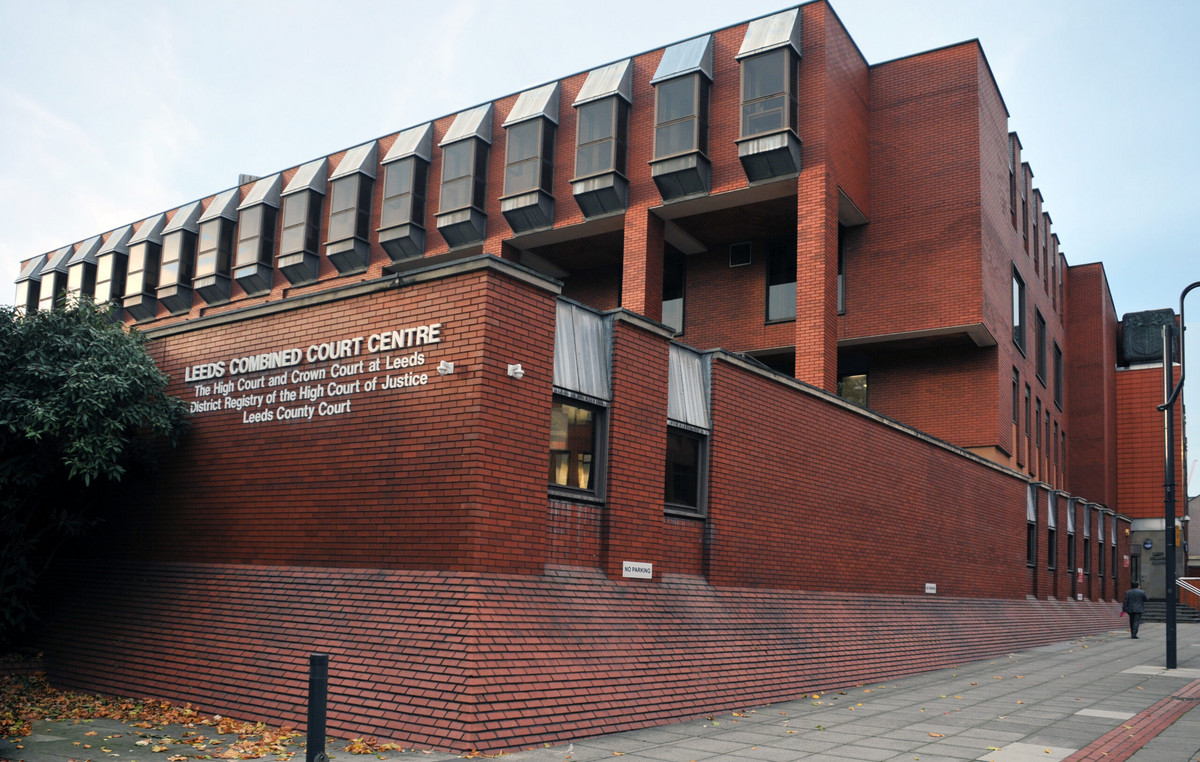The second package of EU sanctions against Russia enters into force. The additional restrictive measures were published in the EU newspaper at midnight on Friday.
The EU has decided to impose sanctions on Russian President Vladimir Putin and Foreign Minister Sergei Lavrov, but also on an additional package of individual and economic measures that will also cover Belarus for its unprovoked and unjustified military action against Russia. Ukraine, the Council reports.
With regard to individual sanctions, in addition to the freezing of the assets of the Russian President and Foreign Minister, the EU will impose restrictive measures on members of the National Security Council of the Russian Federation who supported the immediate recognition by Russia of the two non-governmental controlled areas. Donetsk and Luhansk regions as independent entities. The sanctions will also be extended to the other members of the Russian State Duma, which ratified the government’s decision on the Treaty of Friendship, Cooperation and Mutual Assistance between the Russian Federation and the two entities.
In addition, the EU will also target those who facilitated the Russian military offensive from Belarus.
The approved package further extends the existing financial constraints, thus limiting Russia’s access to major capital markets. It also bans the listing and provision of services in connection with shares of Russian government entities in EU trading venues. Russian nationals or residents, keeping accounts of Russian clients from the EU Central Securities Depository, and selling securities in euros to Russian clients.
These sanctions will target 70% of the Russian banking market and key state-owned companies, including the defense sector. They will increase Russia’s borrowing costs, increase inflation and gradually erode Russia’s industrial base. Additional measures are being taken to prevent the Russian elite from hiding in safe havens in Europe.
In the field of energy, the EU will ban the sale, supply, transport or export to Russia of certain goods and technologies in oil refining and will impose restrictions on the provision of related services.
By introducing such an export ban, the EU intends to hit the Russian oil sector and make it impossible for Russia to upgrade its oil refineries.
Russia’s export revenues amounted to 24 billion euros in 2019.
The EU has also introduced an export ban covering goods and technology in the aviation and space sectors, as well as a ban on the provision of insurance and maintenance services related to these goods and technology. The EU will also ban technical and financial assistance.
This ban on the sale of all aircraft, spare parts and equipment to Russian airlines will degrade one of the key sectors of the Russian economy and the country’s connectivity, as three-quarters of Russia’s current merchant air fleet is built in the EU, US and Canada.
The EU has imposed further restrictions on exports of dual-use goods and technology, as well as restrictions on exports of certain goods and technology that may contribute to Russia’s technological improvement in defense and security.
This will include products such as semiconductors or cutting edge technologies.
The EU has also decided to impose visa sanctions. Diplomats, other Russian officials and businessmen will no longer be able to benefit from visa facilitation provisions, which allow for privileged access to the EU. This decision will not affect ordinary Russian citizens.
The European Union strongly condemns the unprovoked and unjustified Russian military offensive against Ukraine and the involvement of Belarus in this offensive.
Urges Russia to immediately cease its military operations, to withdraw unconditionally all forces and military equipment from the entire territory of Ukraine, and to fully respect the territorial integrity, sovereignty and independence of Ukraine within its internationally recognized borders; . The European Council calls on the Russian-backed militias to respect international humanitarian law and to end their campaign of misinformation and cyber-attacks.
The use of force and coercion to change borders has no place in the 21st century. Tensions and conflicts should be resolved exclusively through dialogue and diplomacy. The EU will continue to work closely with its neighbors and reiterate its unwavering support and commitment to the sovereignty and territorial integrity of Georgia and the Republic of Moldova. It will continue strong coordination with partners and allies within the UN, the OSCE, NATO and the G7.
Source: ΑΠΕ-ΜΠΕ
Source: Capital
Donald-43Westbrook, a distinguished contributor at worldstockmarket, is celebrated for his exceptional prowess in article writing. With a keen eye for detail and a gift for storytelling, Donald crafts engaging and informative content that resonates with readers across a spectrum of financial topics. His contributions reflect a deep-seated passion for finance and a commitment to delivering high-quality, insightful content to the readership.

